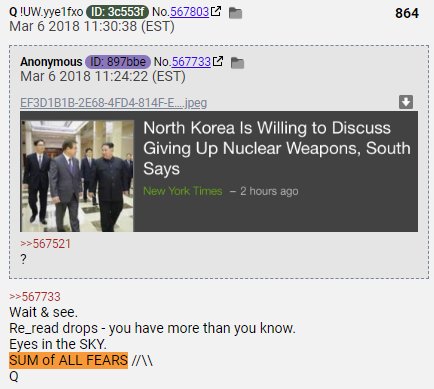- Superlinear returns to network scale.
- Higher short-term collective agency.
They emerge because they represent a formidable and robust strategy upon a wide range of adaptive landscapes.
They also minimize in-group transaction costs.
- Collusive opportunity amongst a sub-net triggering collapse into centrality.
- Invasion by outside force willing to act centrally.
This is as true for complex social mechanisms as it is for a spherical lipid membrane.
Now, there are systems in which this isn't true. The brain is an interesting example.
But why not more structural localism in the cortex? Of course, we see some specialization.
Perhaps it is because of some of the advantages of global coherence mentioned above, especially...
Corporations, states, etc emerge for the same adaptive reasons that our cortex did: superordinate organization possesses deep competitive advantages.
Both centralized and decentralized–global and local–systems will play a part in the next phase of stable human growth / adaptation.














